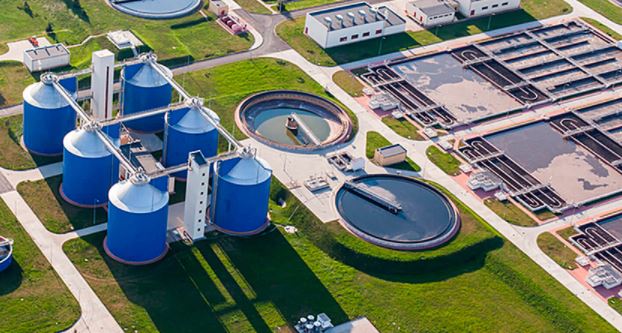An unidentified actor reportedly gained unauthorized access to Bay Arena’s water supply system, eliminating programs that automatically control the drinking water treatment process. The cyberattack took place in mid-January and was detected by the plant’s staff a few hours later.
While the report refers to a hacking attack, cybersecurity experts mention that poor security measures at the plant could have facilitated the attacker’s work.
The Federal Bureau of Investigation (FBI) took control of this investigation, so more updates could be released in the future.

On the other hand, a local media claimed that the attacker tried to poison the water processed in this plant, altering the chemicals used for this process. However, an official at the Northern California Regional Intelligence Center denied these claims, mentioning that these systems operate independently: “It would require a devastating attack to compromise the water supply chain, in addition to making a severe change in the chemicals used by this system.”
Although this attack did not have severe repercussions, this is another example of how threat actors can compromise critical infrastructure even in countries with more sophisticated cybersecurity measures. In February, a similar attack in Florida allowed attackers to take control of some systems, trying to alter the amount of chemicals supplied.
“Of the entire critical infrastructure in the country, water could be the most vulnerable to hacking attempts. The most efficient way to avoid these incidents is to ensure that all members of an organization follow the basic steps of cybersecurity, trying to share cybersecurity knowledge with as many people as possible,” a recent NBC report mentions.
To learn more about information security risks, malware variants, vulnerabilities and information technologies, feel free to access the International Institute of Cyber Security (IICS) websites.
He is a cyber security and malware researcher. He studied Computer Science and started working as a cyber security analyst in 2006. He is actively working as an cyber security investigator. He also worked for different security companies. His everyday job includes researching about new cyber security incidents. Also he has deep level of knowledge in enterprise security implementation.
